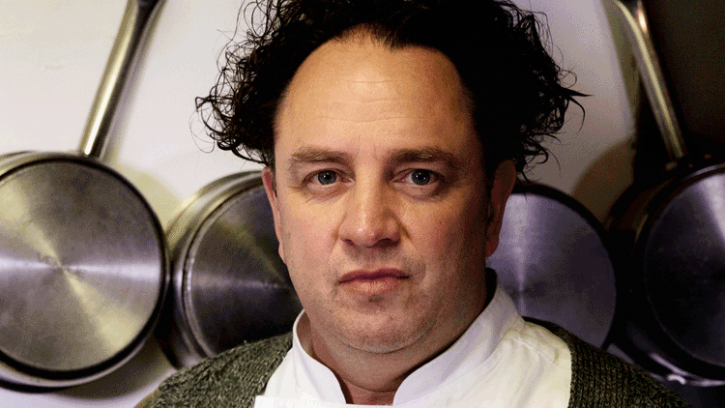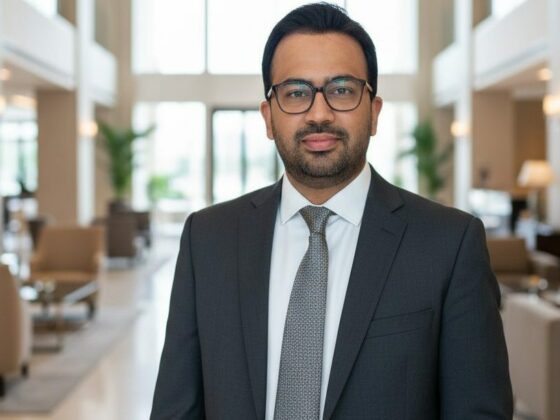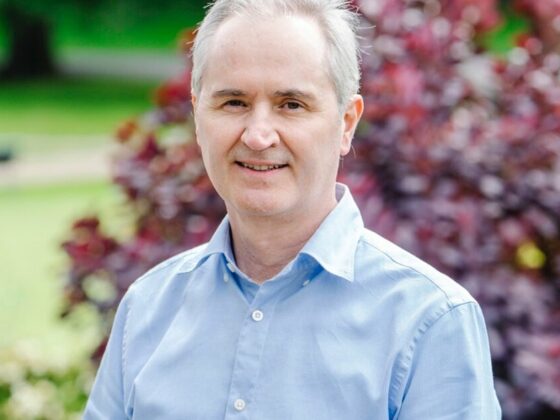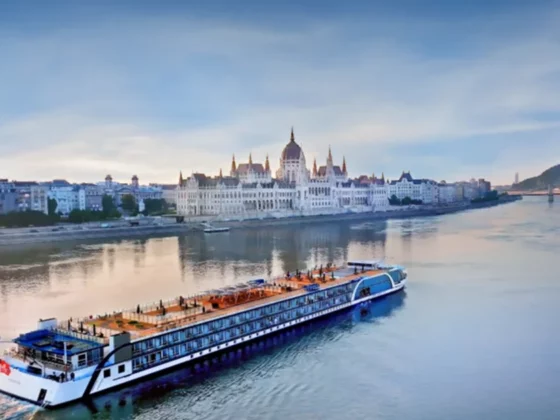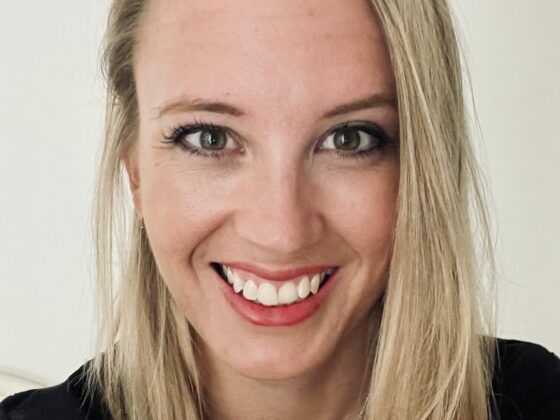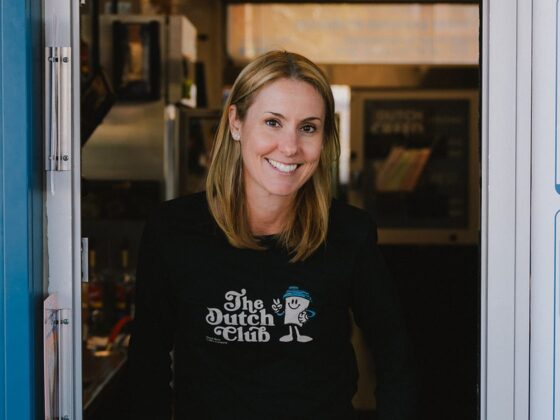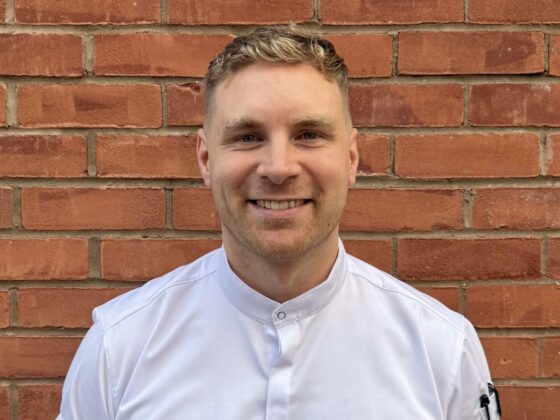YOTEL was born in the sky. After being upgraded to first class, founder Simon Woodroffe had an epiphany, a transformative hotel business model that would provide travelers with luxury comforts in a guestroom that felt like an airplane cabin. Together with then CEO, Gerard Greene, the first YOTEL hotel opened in 2007 at, naturally, an airport— Gatwick, to be exact.
Then and since, YOTEL has prided itself on being a design- and tech-led brand. Now, it has new leadership at the top, with the recent appointment of ex-Marriott executive Phil Andreopoulos as CEO, who is seeking to build upon YOTEL’s appetite for innovation. HOTELS spoke with him about what’s on the horizon, its relationship with majority shareholder Al-Bahar Group and why he calls Marriott International’s Liam Brown a mentor.
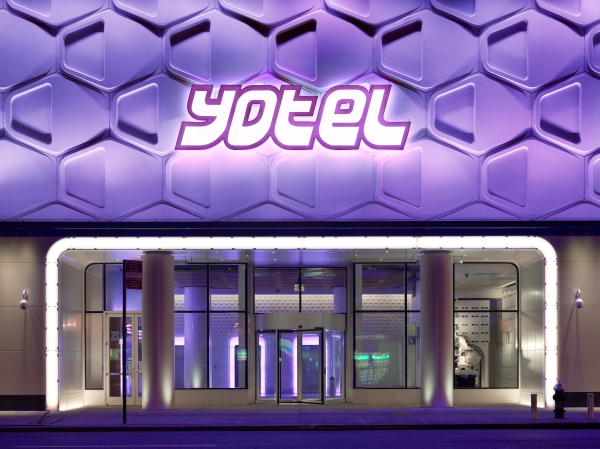
HOTELS: YOTEL currently operates 23 hotels around the world and aims to double its portfolio to 15,000 rooms by 2030. What is your strategy to help YOTEL reach this goal?
Andreopoulos: The next step is to focus on four key areas. First, our systems, specifically loyalty and distribution and make sure they are as strong as they can be for existing hotels and future projects. Second is our people and developing and strengthening our already incredible team. Third, our brand: I’ve always been an admirer of YOTEL’s strong brand position in the market and want to ensure that we remain a challenger to the industry. Last is to grow with purpose, not just pace. We want to expand in markets where YOTEL resonates with travelers and can deliver long-term value for our hotel owners and franchisees, while accelerating growth across all our existing footholds rather than focusing on a single region. That means being selective, choosing the right locations, partnering with the right stakeholders, and ensuring every opening strengthens the brand.
HOTELS: Kuwait’s Al-Bahar Group is now YOTEL’s majority owner. Do they have certain growth expectations in mind, and how will they help fuel that growth?
Andreopoulos: Al-Bahar Group has a clear, long-term vision for YOTEL and is deeply committed to helping us grow. As majority owners, they’re not only providing the support and capital to accelerate our pipeline but also ensuring we stay disciplined in choosing the right markets and the right opportunities. With their backing, we can pursue the right deals in the right places and do so with confidence that we’re building a resilient global brand while staying true to what makes YOTEL unique—our product, our places and our people.
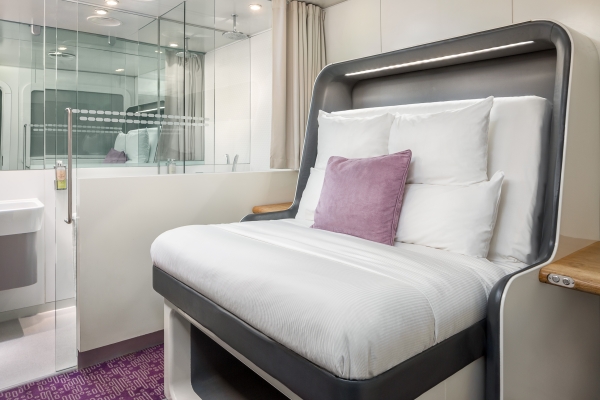
HOTELS: You spent more than 20 years with Marriott in multiple senior leadership roles across EMEA. What are the most valuable lessons you bring from Marriott to this position?
Andreopoulos: My time at Marriott was very formative, providing a deep foundation in both the operational and commercial sides of hospitality. I gained many valuable lessons, including how to ensure that promises aligned with delivery, how to scale operations across diverse markets, how to build trust-based partnerships with owners and how to apply the commercial discipline needed for sustainable growth. Leading large, cross-functional teams across Europe, the Middle East and Africa also taught me adaptability, allowed me to work with exciting and diverse cultures and helped me understand how to navigate complex markets. What excites me about YOTEL is the opportunity to bring that experience to a very agile, design-led environment. Here, we can move quickly and innovate boldly, combining the strategic discipline I developed at Marriott with YOTEL’s disruptor mindset to create meaningful value for guests, crew and our owners and franchisees.
HOTELS: How would you describe your leadership style? Do you have any mentors that inform it?
Andreopoulos: I believe in setting out a clear vision and then empowering teams to go out and achieve that vision. I make sure we’re holding ourselves to high standards, but I give my team a lot of latitude to make their own decisions. I believe that if people really understand the vision and buy into it, they’ll usually make the right decisions to get us there. Usually, they make better decisions than I would; they are the experts in their areas, after all. Communication is key; I always make sure I am listening closely to our guests, crew and owners to keep YOTEL moving forward. My ultimate priority is to cultivate a culture where every team feels supported, inspired and equipped to succeed. One mentor who has had a lasting influence on me is an old boss from Marriott: Liam Brown, who was president of EMEA for a time. I’ve always admired his transparency, clarity of direction and the trust he places in people. He leads with genuine support and charisma, and during some of my most challenging moments, his guidance and encouragement helped me push through and grow as a leader.
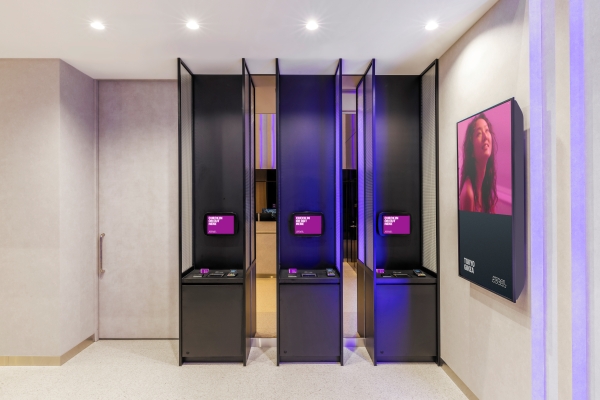
HOTELS: What are the biggest challenges now facing the hospitality industry, and how is YOTEL positioned to face them?
Andreopoulos: The hotel industry is navigating rising costs, labor shortages and rapidly shifting guest expectations. Travelers now demand more flexibility, convenience and sustainable practices. YOTEL is being built for this moment through smart design, an efficient operating model and early adoption of automation. Innovation is in our DNA, and that positions us to thrive in today’s evolving travel landscape.
HOTELS: YOTEL was one of the first brands to push the envelope on technology. Where is it now and what is the strategy going forward on the tech front?
Andreopoulos: Technology has always been at the core of YOTEL, from being one of the first to introduce self-check-in kiosks to pioneering in-room smart controls. Today, we’re building on that foundation to make the entire guest journey more seamless, personalized and efficient. Looking ahead, our ambition is that YOTEL remains to be an innovator in the industry. That means continuing to deliver meaningful guest experiences and driving operational efficiency while testing and learning in new ways. At the same time, we know human connection matters just as much and striking that balance will continue to shape the experience.

